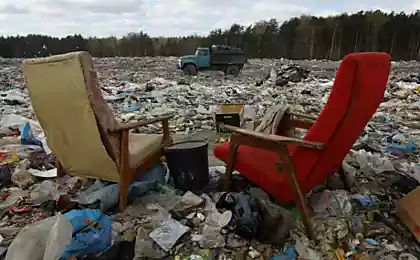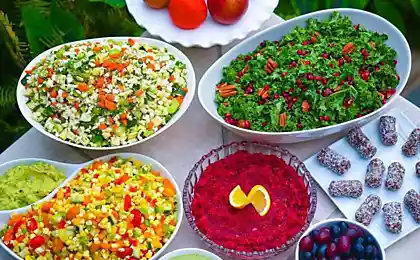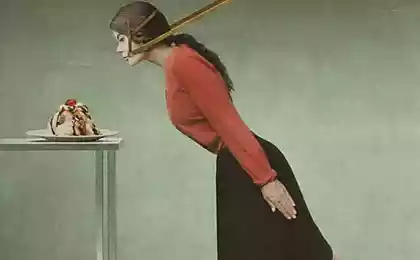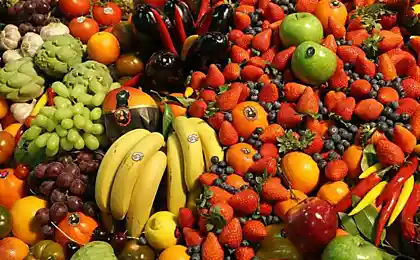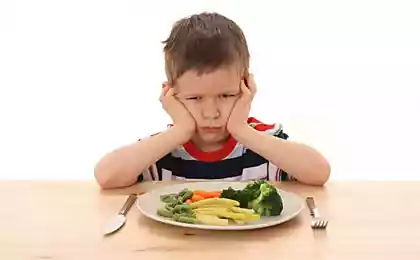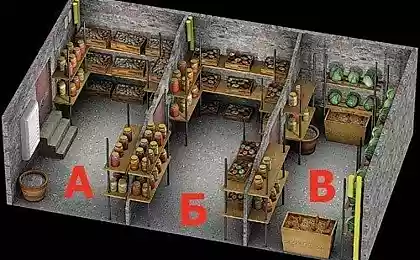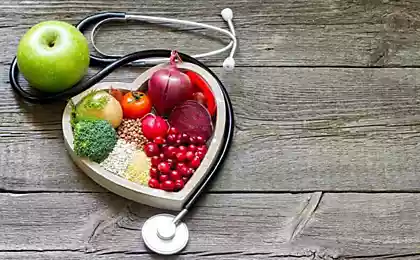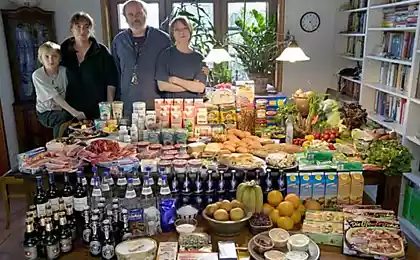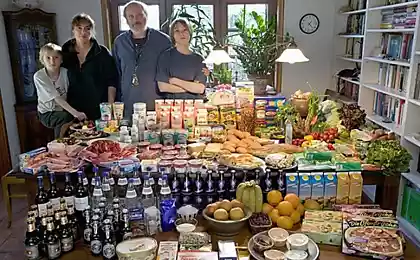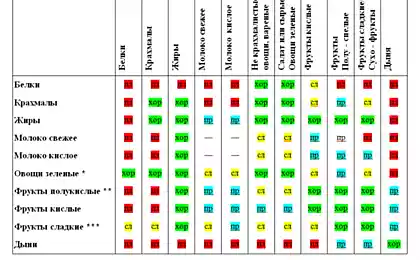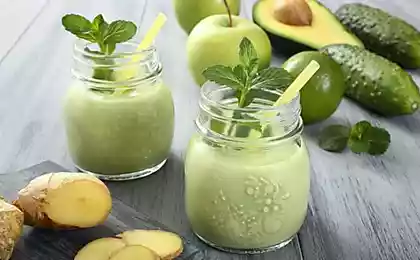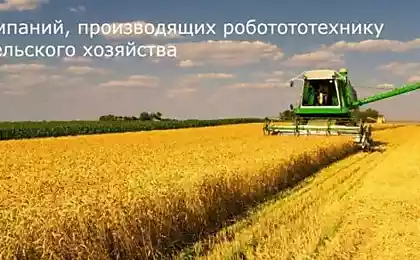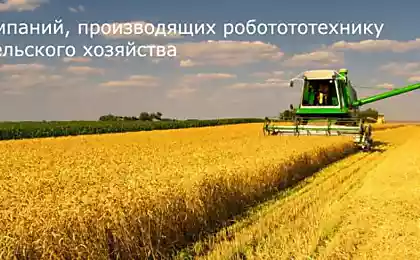141
Fruits and vegetables neglected by Europe are being saved from landfill by a young company
21 tons of food — fruits and vegetables — is too much to just dump, right?
In just six months, a young Portuguese company, Fruta Feia, rescued from landfill and sold after the fruit and vegetables were rejected from sale by the European Union for lack of attractiveness.
The quality of fruits and vegetables sold in Europe is generally judged by consumers based on their appearance alone. However, a new agricultural cooperative in Lisbon, called Fruta Feia (meaning "Despicable Fruit"), set out to show European consumers that fruit does not have to look perfect, that it is nutritious and healthy, and of course delicious.
Fruta Feia started out as a group of volunteers, and in just six months since its inception, it has significantly promoted a culture against the recycling of “ugly” fruits and vegetables.
Isabel Soares is one of the volunteers who spends all morning in fruit markets looking for products that other shoppers don’t want to buy. A sun-burned tomato, spinach with traces of insect bites, deformed squash are some examples from the list that may interest her. Soares explains that in the European Union, most people believe that the quality of food is reflected in its appearance, but this is a misconception.
When the cooperative first started, Soares says, some farmers had difficulty parting with their ugly fruits or vegetables. “Most of them had suspicions that I was working as an undercover sanitary inspector,” she explains. However, as they better understood her true motives, Soares became popular with her frequented farmers to buy products they would definitely not be able to sell to supermarkets.
Soares is warmly welcomed from the Paulo Dias farm run by the family in Cambaia, about 45 miles from Lisbon. The farm covers 18.5 hectares, of which 10 are greenhouses, and supplies products to SONAE, one of Portugal’s largest supermarkets.
“It’s much easier to control a tomato in greenhouses than outdoors,” says Diaz. But that doesn’t mean the taste is better. Of its annual production of about 2,000 pounds (over 907 kg) of tomatoes, a quarter does not meet SONAE’s quality standards – a deviation from color, size and structure, and is therefore simply thrown away.
Fruta Feia buys the rejected product at about half the price for which manufacturers sell it to supermarkets. Mr Diaz says any income helps his family. “It makes me feel good knowing that the energy and time put into growing this product isn’t wasted and that people who don’t have much money will be able to buy their own vegetables as if they could go to the supermarket.”
Jose Manuel Santos, another farmer from around Mafra, says half of his spinach crop was simply thrown away this year because the sharp weather fluctuations affected the color of the leaves and made them yellowish.
“The market decided that spinach should be absolutely green, so I had to throw out the yellowish spinach, which was exactly the same quality as the green,” he says.
Soares previously worked as a renewable energy consultant in Barcelona and, following a $20,000 prize in an entrepreneurial competition, organized Fruta Feia. Soares argues that the dictatorship of aesthetics is partly responsible for increasing the amount of food that is simply wasted.
According to Swedish and Dutch government experts, as many as 89 million tons of food are dumped every year in Europe. This has led the European Union to call for a significant reduction in the recycling of normal food caused by the so-called labelling system.
Fruta Feia currently has only three people, including Soares herself, and a small number of volunteers, including foreigners living in Lisbon.
At a time of austerity and 15% unemployment in Portugal, Fruta Feia is attracting customers with its low price tag, but most customers also admitted they would like to support local agriculture in reducing waste.
“These products are cheap, but they’re also delicious and fresh and locally produced, and otherwise they’ll be thrown away,” says Ana Neves, an employee at the center. I always look closely at fruits and vegetables, and honestly, I can’t understand why they can’t be sold in the supermarket.
When the last customers leave, Soares checks the leftovers in the boxes in which they leave all the surplus, and leaves them to customers for free. “It’s obvious that nothing will be thrown out here,” she says.
In six months, Fruta Feia has more than 1,000 customers. 21 tons of food were sold at two distribution centers in Lisbon. The company has 420 officially registered buyers who pay a $6.81 membership fee in addition to its weekly "food basket," costing $4.77 per box containing about 8 pounds (3.6 kg) of fruit and vegetables.
I think these figures speak for themselves in support of such a necessary initiative from all sides.
Source: facepla.net

